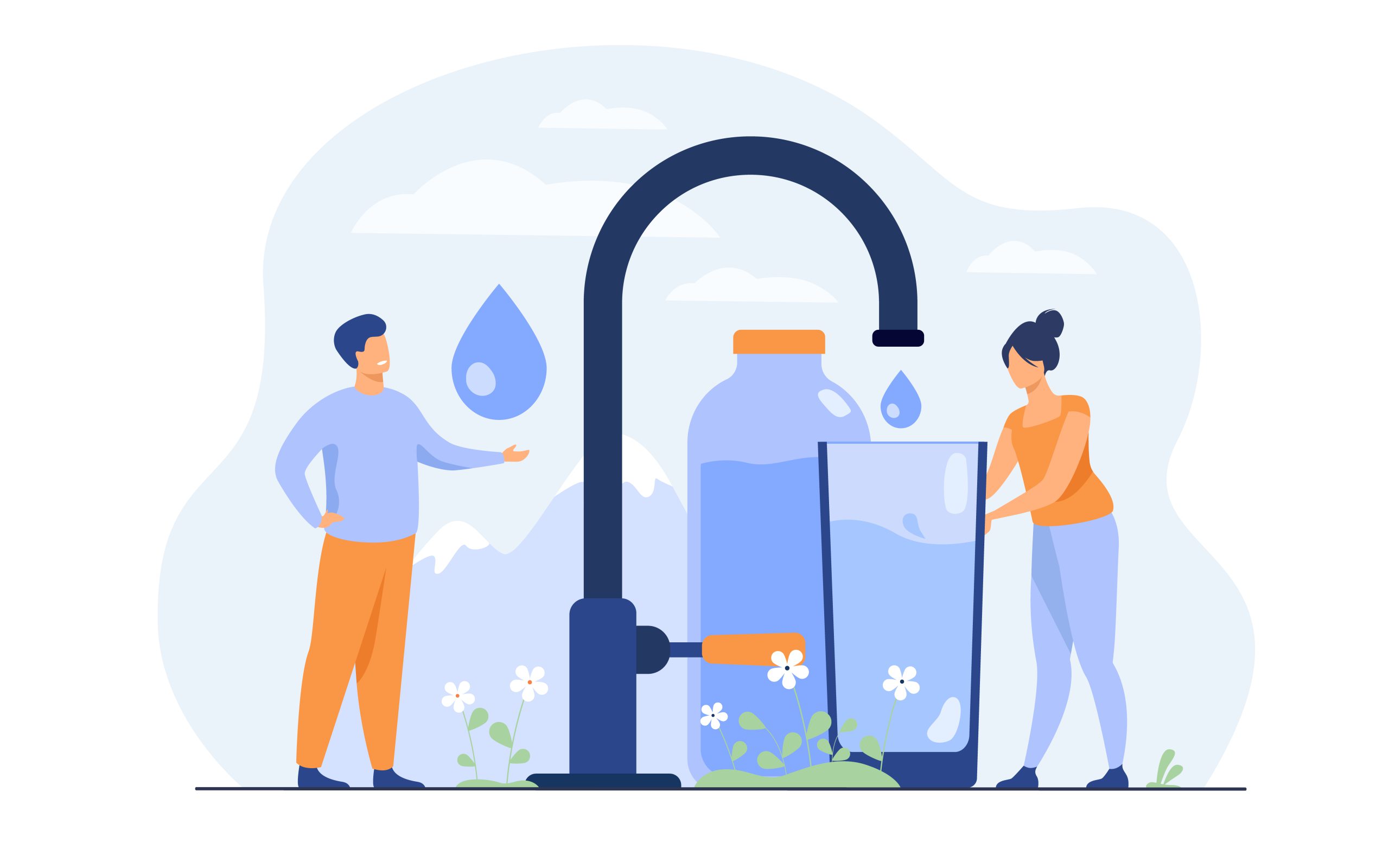Recently, we shared with you the various applications of FIWARE, highlighting its use in the Smart Water sector, where it brings numerous advantages. But do you know what this industry entails? In this post, we unveil the details for you.
We are immersed in the digital era, a constantly evolving landscape that brings forth remarkable innovations and changes. Among these changes is its ability to make numerous sectors and devices “smart”. Within this realm it is the water industry and its management, giving rise to Smart Water.
What is Smart Water?
In a world where water stands as one of the most crucial resources, the growing concern about increased consumption and decreased precipitation forces us to rethink how we manage it. Global water scarcity has driven the quest for innovative solutions, leading to the revolutionary concept of Smart Water.
The answer to the challenge of improving water management comes with the implementation of Smart Water, a concept integrated into the fabric of Smart Cities, a sector we've previously explored in a post. This involves the use of cutting-edge technologies and tools such as big data, drones, sensors, satellite mapping, Geographic Information Systems, IoT (Internet of Things), and virtual reality, among many others, to enhance the performance of actions and activities related to water.
The objectives of this initiative are to reduce water usage, enhance efficiency, monitor storage, and promote water reuse. All of these goals are achieved through a comprehensive approach supported by Information and Communication Technologies (ICT).
For example, control sensors can be implemented in reservoirs. These devices enable real-time data collection, providing information on storage levels and the condition of the reservoirs. This facilitates improved decision-making, optimizing water management effectively and efficiently.
Advantages of Smart Water
Smart Water brings numerous advantages, leading to its increasing implementation. Some of the most notable benefits include:
- More efficient maintenance due to real-time data collection.
- Real-time data collection and enhanced decision-making.
- Cost reduction through process optimization and early problem identification.
- Increased sustainability and energy efficiency, contributing not only to water management but also to overall sustainability.
- Identification of problems enabling swift and responsive actions, minimizing the impact of potential challenges.
In conclusion, Smart Water represents a significant response to current challenges in water management, a vital resource.

